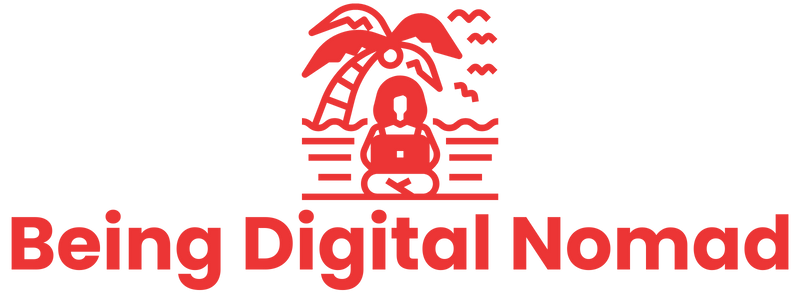Hush trips are trending as both the popularity of hybrid work models and rates of workplace stress is rising, but beware of employer taxes.
Amid the post-pandemic era, the need to work from home has increased. Many corporate employees are experiencing burnout and seeking ways to disconnect and recharge.
Per a 2022 study published by the US Department of Labor, around 65% of American workers surveyed found work as a “very significant” or “somewhat significant” source of stress (between 2019 and 2021).
Thus the popularity of the concept of a ‘hush trip’ – a secret getaway where employees can take time off without informing their employer.
More remote workers are traveling without their employer’s permission to escape burnout.
In collaboration with Wakefield Research, a recent survey conducted by RVShare (an RV rental company) found that 56% of the polled working adults were “very or extremely likely to partake in a hush trip” this year.
While the idea of a hush trip may sound appealing to many, employees need to understand the potential consequences of such a trip.
Workers could travel out of their workstations without informing their bosses; to them, it’s often described as a dream come true. However, the potential tax repercussions could be a nightmare for employers.
According to tax experts, hush trips could fall under the “fringe benefits” category – extra perks or privileges provided to employees by their employer. These benefits are typically taxable, and failing to report them could result in penalties or legal action.
“It’s not just the employees who could be facing unexpected tax bills – companies themselves could also be on the hook for failing to report and pay taxes on fringe benefits properly,” said a tax attorney to Business Insider. “This could lead to costly audits and penalties, further exacerbating the financial strain caused by the pandemic.”
To avoid these consequences, experts recommend that employees and employers be transparent and open about fringe benefits, including hush trips.
This could involve disclosing the trip’s details to HR or other company officials or having employees sign waivers acknowledging any associated tax obligations.
Ultimately, while hush trips may seem like a solution to burnout or workplace stress, carefully considering the potential implications is essential. It wouldn’t turn out well if your employer found out via being served a tax bill for a journey they didn’t know you took.
Both parties can benefit by being transparent and taking the necessary steps to go through the proper procedure for any fringe benefits.

